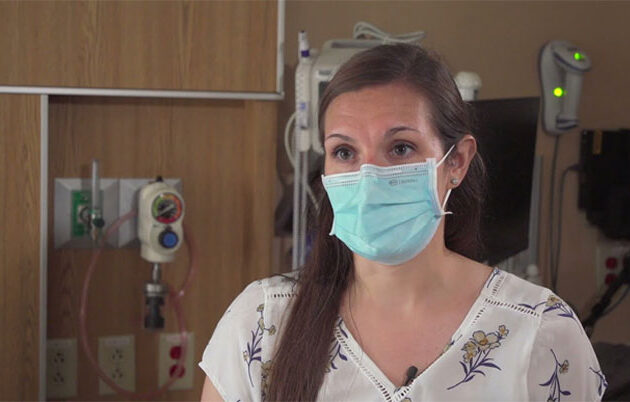Scientists learned that the virus primarily spreads when an infected person breathes, talks or coughs, which ejects droplets containing the virus into the air. People in close proximity then breathe in these droplets.
“Masks are one of the simplest, yet most effective options we have to slow the spread of the virus,” Sethi said.
For that reason, masks will be around for seasons to come, he said, and will continue to be commonplace in health care settings.
Rates of respiratory illnesses like the flu and cold were significantly lower in 2020 than they had been pre-pandemic, and this evidence may necessitate masking, Sethi said, though physical distancing also helped reduce respiratory infections in 2020.
In some countries, it is common and socially acceptable to wear a mask when one has symptoms of respiratory illness. In the U.S., the long-term acceptance and use of masks will likely be mixed, but don’t be surprised if you see boxes of masks become more commonplace around workplace or home settings, like a box of facial tissue or hand sanitizer, Sethi said.
“Sick individuals should stay home, but many people do go out or come to work sick for a variety of reasons,” he said. “For many respiratory conditions, like flu, a cold or COVID-19, a mask will be a must for people who choose to leave their homes while ill.”


